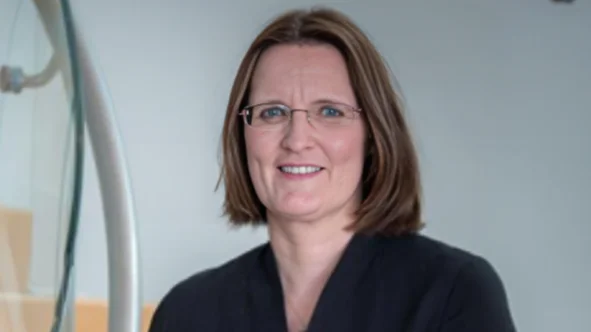Seychelles, an archipelago of 115 islands in the Indian Ocean, has achieved a notable level of economic stability. The nation now enjoys inflation rates below 2 percent and a largely recovered real GDP post-pandemic. Public debt is on track to meet the government's target of less than 50 percent of GDP by 2030, and per capita income is the highest in Sub-Saharan Africa. This marks a significant turnaround from two decades ago when Seychelles faced an economic crisis.
In the mid-2000s, Seychelles encountered severe macroeconomic challenges due to expansionary fiscal policies and a state-led economy. High public spending led to large fiscal deficits, while government revenues were limited by tax concessions to foreign investors in tourism. An expansionary monetary policy within a fixed exchange rate framework resulted in external imbalances and depleted foreign reserves. By 2008, gross public debt surpassed 192 percent of GDP with reserves covering only two weeks of imports. The global financial crisis worsened these issues, culminating in missed payments on private foreign debt and a downgrade by Standard & Poor’s.
To address this crisis, Seychelles initiated comprehensive reforms supported by the IMF and other partners. These included removing exchange restrictions, floating the rupee, consolidating public finances, reforming state enterprises, and abolishing indirect product subsidies for targeted social safety nets. Paris Club creditors agreed to reduce debt stock. These measures quickly showed positive results: inflation decreased, foreign reserves increased to over three months of import cover, and public debt fell below 70 percent of GDP within five years.
The COVID-19 pandemic posed another challenge as global tourism collapsed. However, Seychelles' prior macroeconomic stability allowed it to respond effectively with fiscal and monetary measures supported by emergency IMF financing. As tourism rebounded in 2021 and 2022, economic growth surged nearly 13 percent in 2022.
Despite volatile global conditions ahead, Seychelles aims to maintain its hard-won stability through strong fiscal discipline and external buffers. Continued investments in infrastructure are necessary alongside human capital development and efficient public services.
Todd Schneider serves as IMF mission chief to Seychelles with Hany Abdel-Latif as an economist, Pedro Maciel as senior economist, and Henry Quach as research analyst at the IMF's African Department.
"The IMF Executive Board recently completed the fourth review of Seychelles’ economic performance under the Extended Fund Facility (EFF) and Resilience and Sustainability Facility (RSF)."

